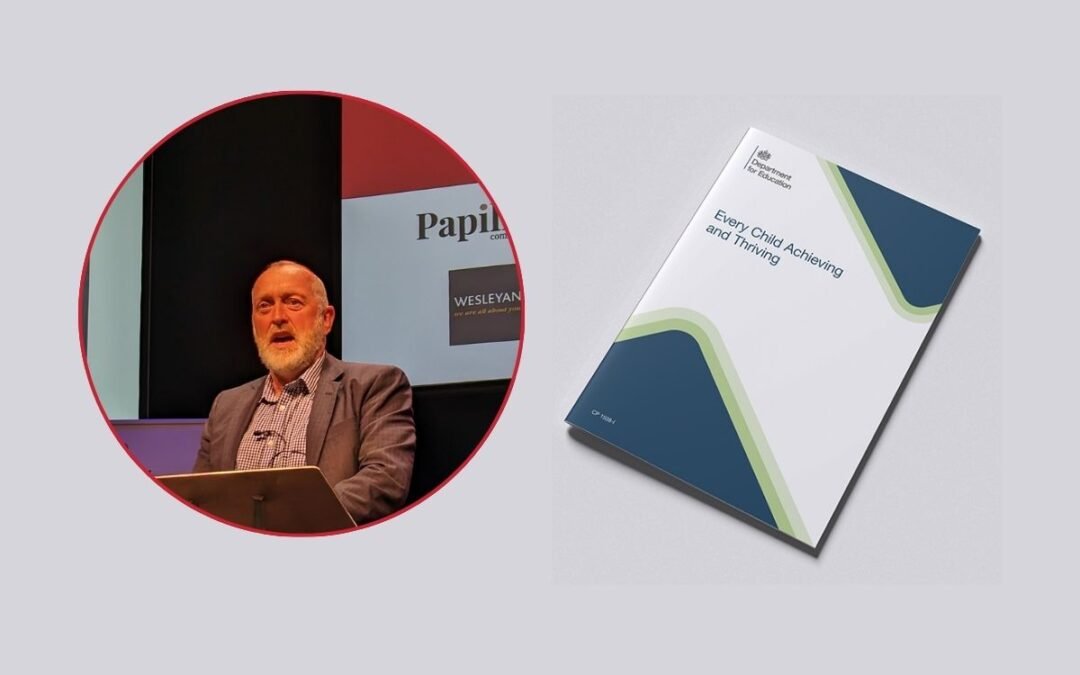
Beatrice Anomah is a project manager at SOS-UK (Students Organising for Sustainability UK). She is passionate about environmental sustainability, climate education and climate justice, and hopes to encourage more people to advocate for climate education, action and justice for all globally. In this interview she explains why a focus on sustainability and climate education is so important for academy trusts, and discusses some of the ways that trusts can successfully integrate climate education into their curriculums, and become more environmentally sustainable organisations, for the benefit of young people.
Tell us a bit about yourself and your background
My passion for sustainability all began with an inspirational geography teacher, whose enthusiasm for the subject sparked a love for the environment within me that has only grown stronger over the years. This love led me to pursue a degree in economics and human geography from Aberystwyth University, and it was through my studies in human geography that I began to understand the urgent need for environmental sustainability, especially in light of climate change and environmental injustice. After completing my degree I spent some time teaching in the UK and abroad, where I was able to share my knowledge and passion for sustainability with others, before returning to university – this time in St Andrew’s – where I completed an MSc in sustainable development. Now I am fortunate enough to be able to put my passion and expertise to work in my role as project manager at SOS (Students Organising for Sustainability), an education charity that supports students and wider society to learn, act and lead on environmental justice. As part of this role I have the privilege of helping to engage people on the importance of sustainability and climate education.
Why do you think it is important for educational institutions, such as academy trusts, to make environmental sustainability and climate education a priority?
At SOS we firmly believe that education lies at the heart of environmental sustainability and justice. We live in a world that is facing unprecedented challenges, and it’s essential that the education system responds to these challenges by making environmental sustainability and climate education a top priority. This is important because young people are the ones who will be driving change in the future. They are the ones who will be inheriting the world that we leave behind, and they are the ones who will be responsible for ensuring that our planet remains healthy and habitable for generations to come.
“We live in a world that is facing unprecedented challenges, and it’s essential that the education system responds to these challenges by making environmental sustainability and climate education a top priority.”
The environmental emergency is also not just an environmental crisis – it is a social justice crisis, a cost of living crisis and a resource access and availability crisis. It exacerbates poverty and inequality, demanding urgent attention. Education has the power to create meaningful change, and academy trusts are in a unique position to shape the habits, values and thought processes of the future generation. By prioritising environmental sustainability, and integrating it into their existing priorities, trust leaders can help to create holistic solutions to the challenges we all face around environmental sustainability and climate change. Academy trusts can empower a generation of individuals to be change-makers who are mindful of their impact on the environment, and who are equipped with the knowledge and skills necessary to make a positive impact and create a greener, fairer world.


